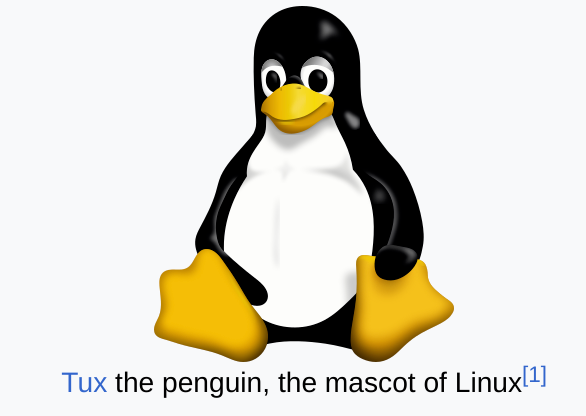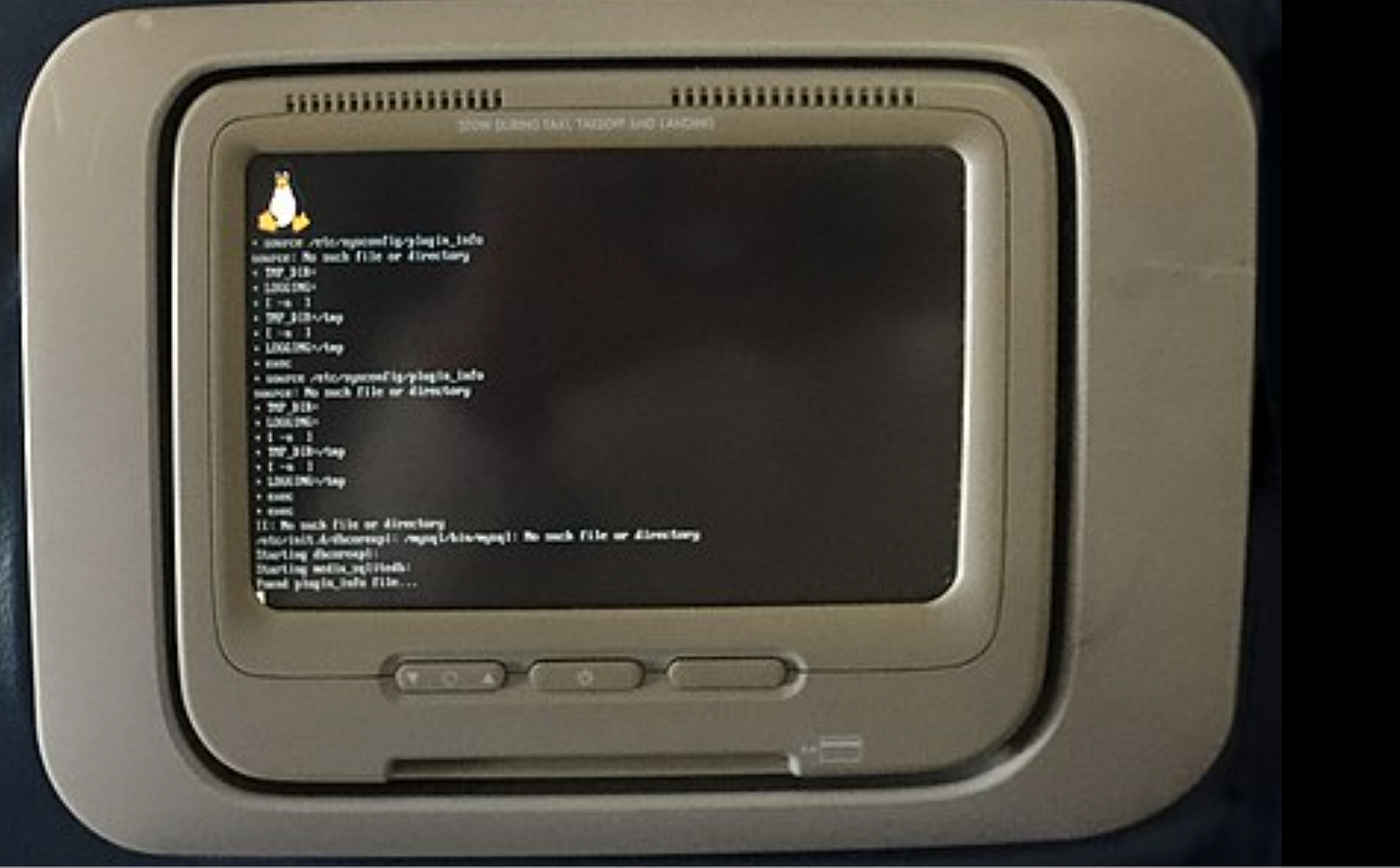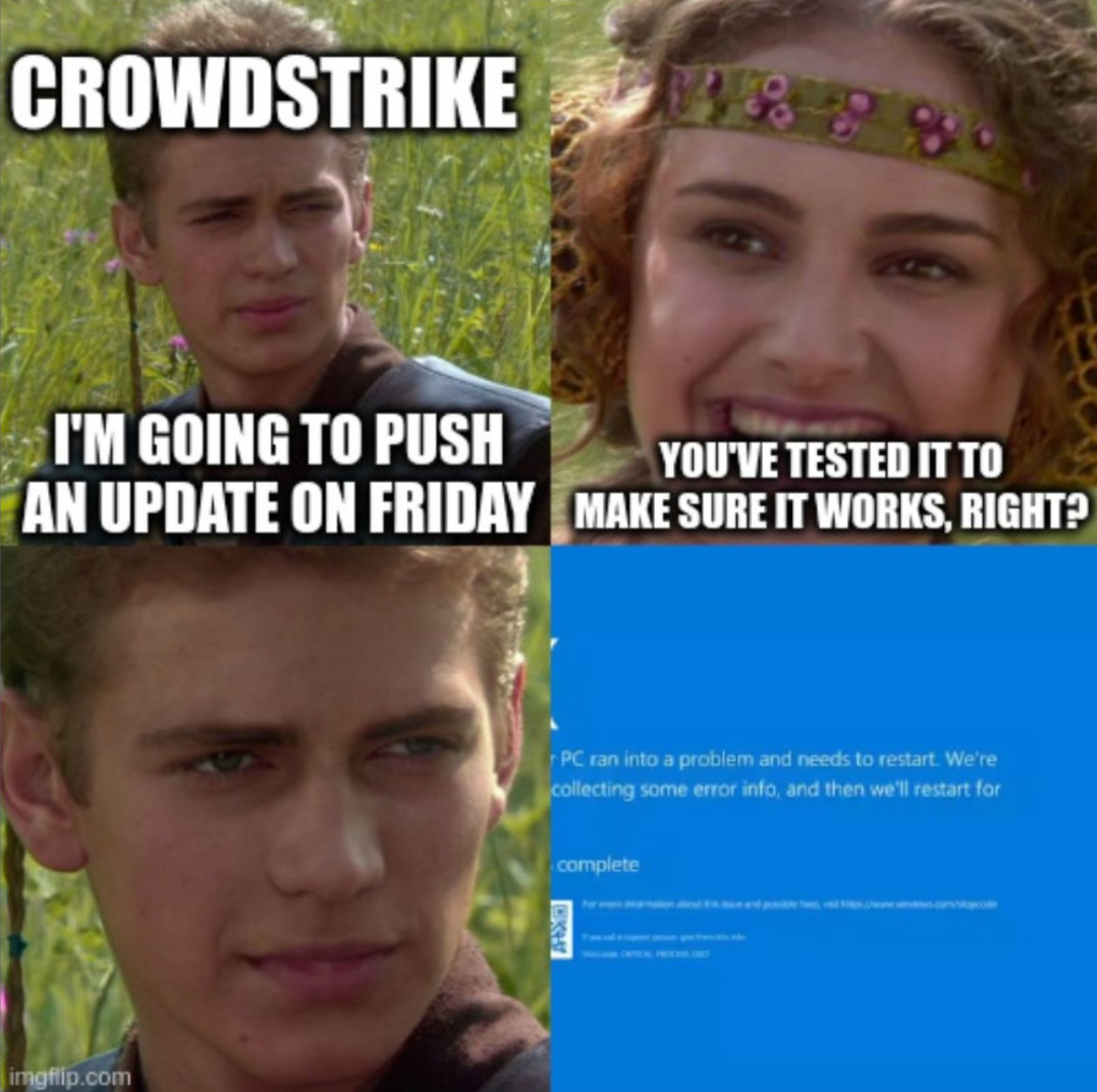What The Tech?! Open Source Software
Open-source software helps power all types of systems the world over.
If you aren’t a medium member, you can read with no paywall via substack
As technology has played a greater role in our lives, the subscription-based system has also grown. While paying for media has become pretty common, we’ll also find plenty of software-as-a-service solutions that work on the basis of a monthly subscription fee.
A good example of this can be seen with a certain photo editing suite that’s been popular for a long time. In the old days, you’d buy the package even if it was at a premium cost and then own it outright. Whereas today, you’ll merely pay for access without having ownership of the end product.
We are also starting to see this more in the video game industry as well. Gamers traditionally like the ability to own their software outright and while platforms like Steam have grown to become incredibly popular there’s still a disconnect for those who prefer to own their products outright. The lovable penguin powers servers, experiments and cloud-based systems the world over. Source: Wikipedia
The lovable penguin powers servers, experiments and cloud-based systems the world over. Source: Wikipedia
In today’s What the Tech?!, we’ll be exploring an attitude as much as we will be exploring a piece of technology. While proprietary systems are king for large multinationals, for many consumers Free, Open Source Software (FOSS) is where it’s at.
What is FOSS?
Dating back to the old code-sharing days, Free, Open Source Software was common back in the early stages of personal computing during the late 80s. Giving home consumers the means to write, share and use software packages and scripts of all types, the early days of this open-source ethos were much different than what we see today.
With the internet still in its infancy for many, accessing open-source software would mean purchasing magazines and computer resources and then laboriously typing the code out until it was ready to run. As you’d imagine this type of approach meant that the early pioneers of code sharing required a certain type of commitment to their craft.
Eventually, as technology progressed, open-source software would move to be shared via the different media formats that we saw over the years, including floppy discs, and eventually CDs before moving to online repositories that held software available for download.
The best example of FOSS software that is still used today is the Linux operating system. Coming in a wide range of varieties, Linux powers the Raspberry Pi and a wide range of server-based systems the world over. You’ll even find that Apple's iOS is a distinct cousin of Linux, being based on the FreeBSD operating system. Linus Torvalds was a key figure who helped supercharge the adoption of Linux. Source: Wikipedia
Linus Torvalds was a key figure who helped supercharge the adoption of Linux. Source: Wikipedia
For computer enthusiasts and technology workers, the evolution of Linux has grown to give users reliability, customisation and more importantly free, software to work from.
Why Is FOSS Relevant
When you take a look back through the history books at how personal computers and technology evolved through the 80s and 90s you’ll start to see a distinct pattern. Large companies and even some individuals wielded huge influence over how the industry evolved, with proprietary formats being used not just for operating systems but for things like web browsers as well.
While some of these topics have been covered in earlier articles we’ve written about, the reality is that these companies had a huge financial incentive to maintain the status quo rather than allow natural evolution and competition to take place.
The turn of the millennium that brought in the dot-com bubble highlighted some of the weaknesses behind this approach and, while its subsequent collapse would be responsible for removing many big players from the game, it was legal action that would also be responsible for bringing this issue to a head. Linux systems would become extremely common in embedded systems. Here’s Tux on display in an In-Flight Entertainment system. Source: Wikipedia.
Linux systems would become extremely common in embedded systems. Here’s Tux on display in an In-Flight Entertainment system. Source: Wikipedia.
When Microsoft was put in front of the US government to answer an anti-trust case, the writing was on the wall for those who may have been using sneaky tricks to maintain their market share.
In fact, for many people, the computer industry really didn’t start to hit its stride until the rise of the IBM-compatible systems. Allowing opposing manufacturers to produce competing hardware that was able to be marketed for an affordable price as opposed to the genuine systems, was one of the steps that would lead to the rapid and large-scale adoption of personal computing systems for the home.
The Risks
Despite the evolutions of FOSS products it’s easy to look at it as a solution and think that it’s all good news. However, there are a few additional risks to consider when adopting open-source tools.
Several notable incidents have occurred via the use of open source systems including more than a few noteworthy hacks and data breaches. Unfortunately due to the very nature of open source projects, bad actors can gain access to a project with the explicit goal of compromising the software. We saw a variant of that this year when the SSH exploit was first uncovered.
One of the biggest issues faced though is simply one of logistics. Without the support of large teams of developers and with limited financial support to assist with updates and developments, it’s not uncommon to find software packages that some would consider essential to be managed by one guy in a basement somewhere. Sometimes, you just have to say it with memes.
Sometimes, you just have to say it with memes.
While some projects can function perfectly fine in this manner for other projects, this can often mean that updates are minimal or non-existent and that the whole project can be dropped when a developer loses interest and moves on.
Some more critical packages have managed to deal with this issue by coordinating with others while other projects have simply gone it alone. Unfortunately, though, this issue is real and ways around that will need to be found in the future.
Into the Future
While you could plausibly make the case for moving away from open-source products and platforms, the reality on the ground is that in a cloud-based world, open-source software is becoming even more prevalent. Much of the world’s cloud-based infrastructure continues to use open-source software and even the evolution of artificial intelligence has leveraged it for growth purposes and ease of use.
Many could argue that proprietary systems like Windows-based operating systems are the end long-term solution to many of the problems faced by the open-source world but when the argument starts to gather some momentum, reality strikes and we’re given a reminder of why the concept of open-source software can be a good thing.
The most recent outage (Cloudstrike’s Friday afternoon Whoopsie) predominantly took out Windows-based systems while most Linux machines kept working away as normal with little interference encountered.
You can also see this in the world of cybersecurity as well. While a Linux box is still able to be exploited and compromised, the reality is that a lot of malware out in the wild is specifically looking for Windows machines to exploit.
All this aside, the fact that a Windows license still costs money while something like Pop! OS can be installed for free will still be attractive to some users. So, the future of FOSS is still looking very strong.
What The Tech is our recurring, twice-monthly piece that looks at the technology that was essential in shaping our modern world.
Medium has recently made some algorithm changes to improve the discoverability of articles like this one. These changes are designed to ensure that high-quality content reaches a wider audience, and your engagement plays a crucial role in making that happen.
If you found this article insightful, informative, or entertaining, we kindly encourage you to show your support. Clapping for this article not only lets the author know that their work is appreciated but also helps boost its visibility to others who might benefit from it.
🌟 Enjoyed this article? Join the community! 🌟
📢 Join our OSINT Telegram channel for exclusive updates or
📢 Follow our crypto Telegram for the latest giveaways
🐦 Follow us on Twitter and
🟦 We’re now on Bluesky!
🔗 Articles we think you’ll like:
- What The Tech?! Rocket Engines
- OSINT Investigators Guide to Self Care & Resilience
✉️ Want more content like this? Sign up for email updates































